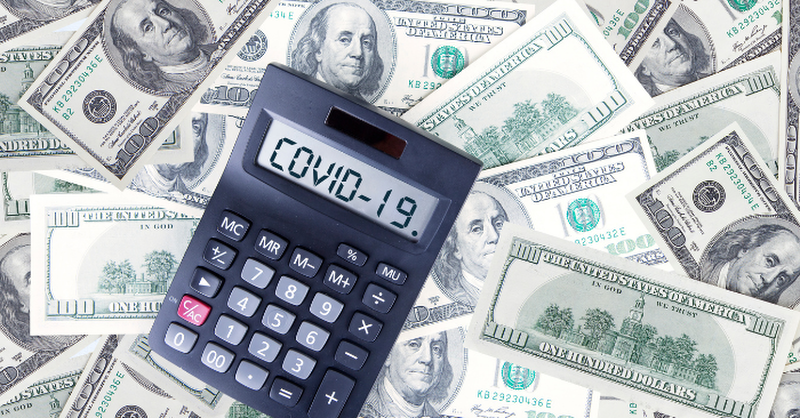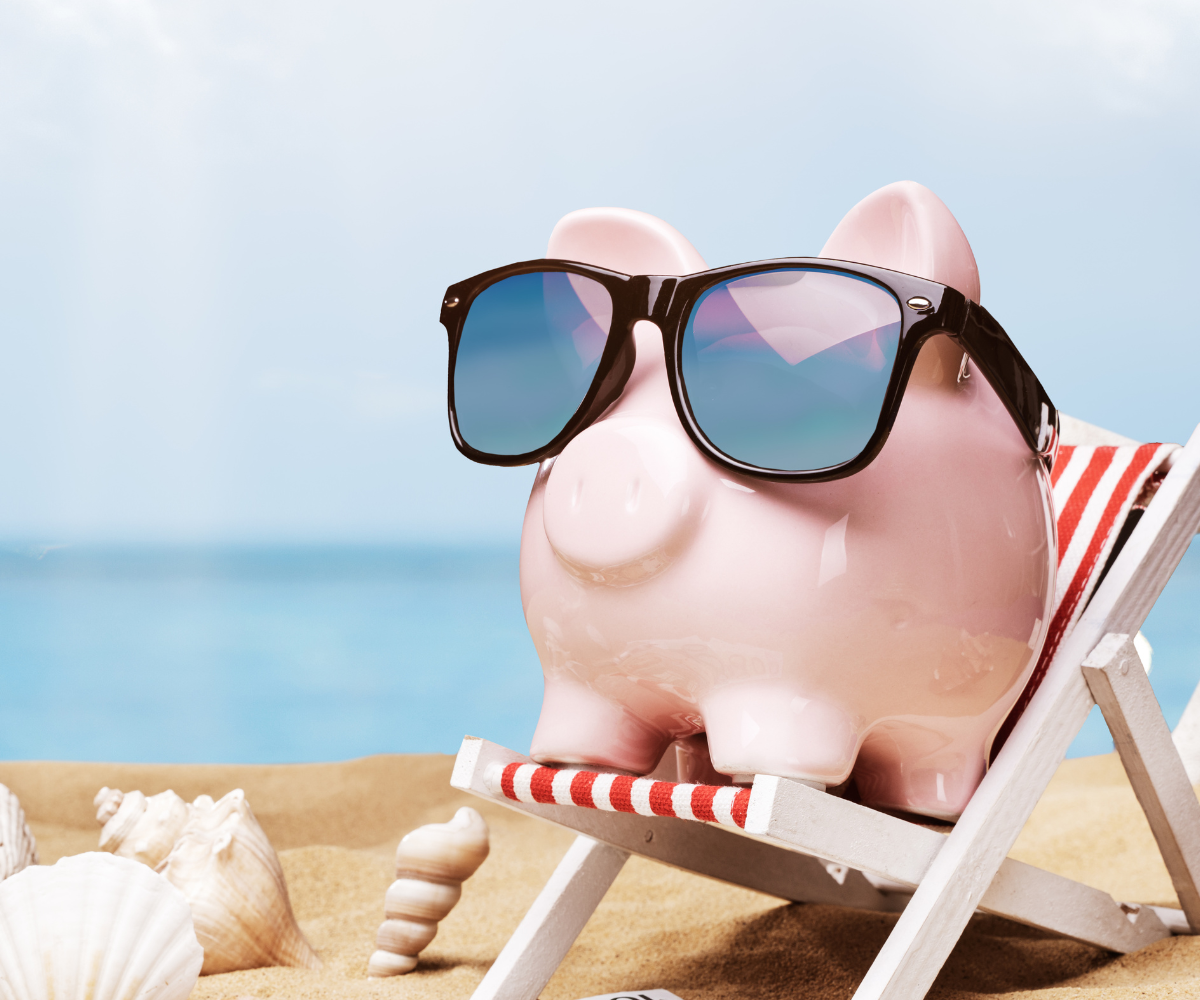June 05, 2025

Building an emergency fund and budgeting are those to-do list items that too often get left for another day. That's because, without a financially pressing need, many don't want to face the stress and discipline of building out a budget and saving for an emergency fund.
However, COVID-19 proved to many people the importance of budgeting and emergency funds. The sudden change in the economy and your employment status might have you taking a step back and thinking it’s time to focus on your personal finances.
Regardless of whether or not you’ve had financial strains as a result of the pandemic, now is certainly the time to live by a realistic budget and start storing away money for a rainy day. Here are some tips to help you get started.
Budgeting Tips to Improve Personal Finances
Before you can consider your emergency fund, you need to get your budgeting in order. There are a few steps that you can take even if your finances are not what they used to be due to the economic downturn from the pandemic.
While it might be challenging to put savings away each month to build an emergency fund if your income has been affected by the pandemic, you can at least start tracking your expenses and learning more about them to build an effective budget targeted toward long-term success. Here are some steps to take now.
- Start tracking spending: you need to have a better idea of where your money is going. That way, you can become disciplined to only spend a set amount within various categories each month, such as eating out, home improvement and shopping. Track your spending using a mobile budgeting app that shows you the categories where your money is going. You can track this in a spreadsheet or keep it in the app to compare it from month-to-month.
- Set monthly limits on spending: now that you have a way of keeping track of where your money is going each month, you’re ready to be more disciplined and set limits on your spending in various categories. Set realistic thresholds for how much you’ll spend on groceries, eating out, etc. You might need to adjust your lifestyle to meet these budgetary restrictions, but it’s worth it to have stable personal finances.
- Review your spending regularly: ideally, you should check your budgeting app or spreadsheet once a week. This will guide your spending for the upcoming week to ensure you don’t overspend within a category. Stay informed and honest with yourself about your spending to avoid regrets later on.
Building an Emergency Fund
Now that you have a plan for your monthly budget, you can start looking for ways to build an emergency fund. You might need to start small, just moving $10 a month to your savings account. And slowly, as you become more comfortable with spending less, you can increase that amount. Here are some additional ways to work toward building an emergency fund.
- Discipline yourself to move money to savings each month: no matter how small the amount is, move money to your savings account each month. This might mean skipping eating out once or twice to leave money in your budget for savings.
- Start a side hustle: during challenging economic times, it can be difficult to find the money to put into your savings. You might need to increase your monthly income to make room for building your emergency savings. Consider doing grocery shopping with Instacart, driving for a rideshare, or selling items around your home that you no longer use. Review these creative ways to make extra money for ideas on building your emergency fund faster.
- Pay down debt and refinance your mortgage: debt can get in the way of your monthly budgets and long-term financial stability. Before you build your emergency fund, you might want to focus on paying off high-interest debt, such as credit card bills. And right now, interest rates are low on mortgages so you might also be able to lower your monthly payment through refinancing.
Solutions for Personal Finances During COVID-19
If you’re one of the hundreds of thousands of Americans struggling financially due to COVID-19, there are some solutions to help you make ends meet and survive the economic downturn.
- Cancel your memberships: find ways to workout at home so you can cancel your gym membership. And if we’re being honest, Netflix is not a necessity. Groceries from a store are less expensive than subscription boxes. Review your monthly budget and look for subscription fees. Ask yourself honestly which of these memberships you can cancel to reduce your monthly budget. Then, look for less expensive ways to entertain and take care of yourself.
- Reduce your unnecessary expenses: there are many small fees buried in personal finances that people aren’t aware of or they ignore because they’re so small. These fees might be cell phone plan overage charges, bank overdraft fees, paper bill fees, etc. Watch your invoices and receipts carefully for such charges to start reducing your monthly spending. You might be surprised at how these expenses can add up.
- Get a personal loan: personal loans can help you make ends meet until your finances rebound from the economic downturn. You can use a personal loan for vehicle or home repair, medical emergencies or unexpected bills. Sunset Financial offers personal loans with a fixed monthly payment based on your needs and finances even if your credit is not perfect. Get started with a Sunset Financial personal loan now.
Related Posts
July 11, 2024





%20-%20featured%20image.png)



